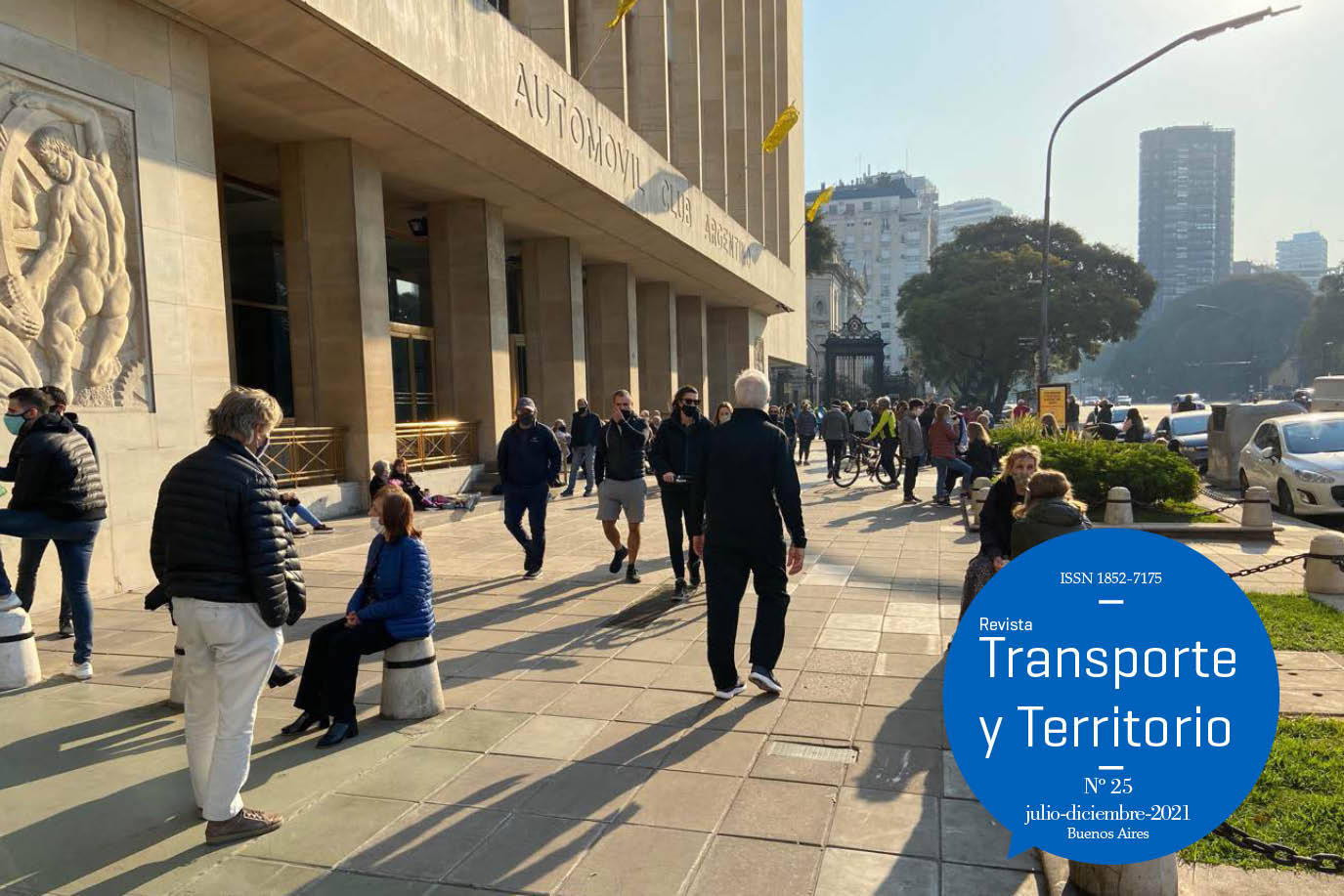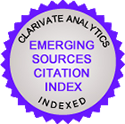Post-pandemic urban mobility: forces in tension with conflicting senses of sustainability
Keywords:
mobility, urbanism, pandemic, sustainability, government, society
Abstract
This essay provides a reflection aimed at synthesizing, exploring, and interpreting some experiences and trends on this significant crossroads posed by the pandemic and the consequent possibility of future changes. Restrictions on mobility have had consequences for essential activities, such as work, education, and access to health itself. Although there have been mitigation measures and alternatives, they have been unevenly distributed and distributed. Post-emergency scenarios project a new organization of time and space of mobility, which implies a new configuration of the territory and distribution of opportunities. But this projection makes it possible to anticipate trends found. Active mobility, improvements in public transport adapted to an evolving demand, and the social organization of sustainable mobility contrast with a flight from the city, a refuge in individual solutions for those who can face them, and a rigidity in the organization of services from the supply, driven by territorial, social and institutional inertia that generate strong traction in the face of current changes.Downloads
Download data is not yet available.
Published
2021-11-30
How to Cite
Borthagaray, A., & Gutiérrez, A. (2021). Post-pandemic urban mobility: forces in tension with conflicting senses of sustainability. Revista Transporte Y Territorio, (25). https://doi.org/10.34096/rtt.i25.10957
Section
Dossier

1.jpg)

3.png)























